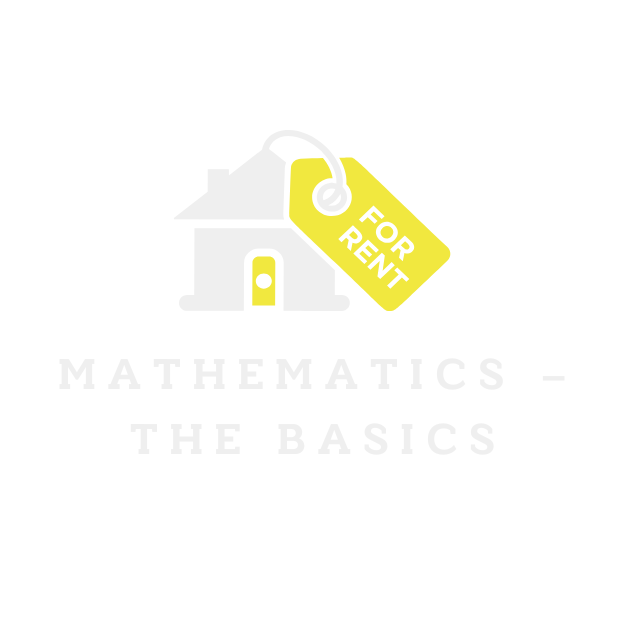In the wild world of home financing, fixed mortgages stand out like a reliable friend who always shows up on time. They offer stability in a sea of uncertainty, locking in interest rates and ensuring monthly payments stay predictable. Imagine knowing exactly what you’ll pay each month—no surprises, no frantic calculations, just a straightforward path to homeownership.
Table of Contents
ToggleOverview Of Fixed Mortgages
Fixed mortgages represent a popular choice among homebuyers due to their straightforward nature. These loans maintain a constant interest rate throughout the loan term, typically lasting 15 to 30 years. Homeowners benefit from consistent monthly payments that simplify budgeting and financial planning.
Interest rates in a fixed mortgage remain unaffected by market fluctuations. Borrowers enjoy peace of mind knowing their payments won’t change, even if interest rates rise. This aspect makes fixed mortgages especially appealing during periods of economic uncertainty.
Typical terms for fixed mortgages include 15, 20, or 30 years, allowing borrowers to select what works best for their finances. Opting for a shorter term often results in lower total interest paid over the life of the loan. Conversely, longer terms provide lower monthly payments, enhancing affordability.
Lenders evaluate several factors when determining eligibility for a fixed mortgage, including credit score, income, and debt-to-income ratio. Strong credit scores often yield more favorable interest rates, empowering buyers to secure better deals.
Consideration of potential refinancing opportunities arises when market conditions improve or a borrower’s financial situation changes. By refinancing, homeowners can capitalize on lower interest rates, reducing monthly payments or altering the loan term.
Fixed mortgages remain a reliable long-term strategy in residential financing. Their advantages foster a sense of stability, making them an excellent option for those seeking to invest in real estate without the worry of rising costs.
Types Of Fixed Mortgages

Fixed mortgages come in several types, each catering to different financial needs. Two popular options include the 15-year fixed mortgage and the 30-year fixed mortgage.
15-Year Fixed Mortgage
A 15-year fixed mortgage features a shorter loan term, which allows homeowners to pay off their mortgage faster. Monthly payments are higher compared to longer terms, but total interest paid over the life of the loan decreases significantly. Borrowers often benefit from lower interest rates. This type of mortgage suits those looking to maximize long-term savings and build equity quickly. Individuals prioritize paying off debt early and can manage higher monthly payments due to increased financial stability. Many prefer this option for its ability to eliminate mortgage debt before retirement.
30-Year Fixed Mortgage
The 30-year fixed mortgage remains one of the most common types for home purchases. Its longer loan duration results in lower monthly payments, making it more accessible for many homeowners. People can maintain flexibility in their budgets while enjoying the security of fixed interest rates throughout the term. Although total interest paid may be higher, the initial affordability appeals to first-time buyers. Increased borrowing capacity enables purchasers to access higher-priced homes. This mortgage type provides security against fluctuating market conditions, making it a popular choice in the current housing landscape.
Advantages Of Fixed Mortgages
Fixed mortgages offer stability and reliability in home financing. They provide homeowners with predictable monthly payments, allowing for better financial planning.
Predictable Payments
Predictable payments simplify budgeting, as each month’s mortgage payment remains the same over the loan term. Homeowners appreciate the clarity this offers, as it eliminates surprises related to interest rate fluctuations. Monthly payments consist of principal and interest, ensuring that homeowners understand their obligations. Since fixed mortgages typically span 15 to 30 years, this reliability aids in long-term financial strategies. Homeowners can easily forecast their expenses and allocate resources effectively, supporting their overall financial health.
Long-Term Stability
Long-term stability characterizes fixed mortgages, as locking in an interest rate protects homeowners against market volatility. Economic downturns won’t affect monthly payments, creating peace of mind during uncertain times. Those who choose fixed mortgages enjoy the assurance that their financial commitments won’t change unexpectedly. Opting for a fixed rate leads to a greater sense of security, especially for first-time buyers navigating the housing market. Flexible terms also provide options to suit individual financial situations, promoting confidence in debt management strategies over the years.
Disadvantages Of Fixed Mortgages
Fixed mortgages come with certain drawbacks, which potential homeowners should consider carefully.
Higher Interest Rates
Fixed mortgages typically have higher interest rates compared to adjustable-rate options. Lenders charge more because fixed rates eliminate the risk of rate changes over time. This means homeowners may pay significantly more in interest over the life of the loan, especially when current market rates are low. As the market improves, homeowners with fixed mortgages lose the opportunity to benefit from lower rates available to others. It’s crucial for borrowers to calculate the total cost over the mortgage term to understand the financial implications fully.
Less Flexibility
Flexibility in financial planning often diminishes with fixed mortgages. Refinancing becomes less attractive if interest rates drop while locked into a higher rate. Homeowners face challenges if they need to move or sell, as the long commitment can limit options. Additionally, prepayment penalties associated with some fixed mortgages might discourage homeowners from paying off their loans early. This lack of adaptability can hinder a homeowner’s ability to take advantage of changing financial situations or opportunities, making careful consideration essential before committing.
Fixed mortgages present a solid choice for homeowners seeking stability and predictability in their financial planning. With locked-in interest rates and consistent monthly payments, they simplify budgeting and provide peace of mind against market fluctuations.
While they offer long-term benefits, potential buyers should carefully consider the trade-offs, such as higher interest rates and reduced flexibility. Understanding these factors can help individuals make informed decisions that align with their financial goals. Ultimately, fixed mortgages can be a reliable pathway to homeownership, catering to those who prioritize security and long-term planning.


